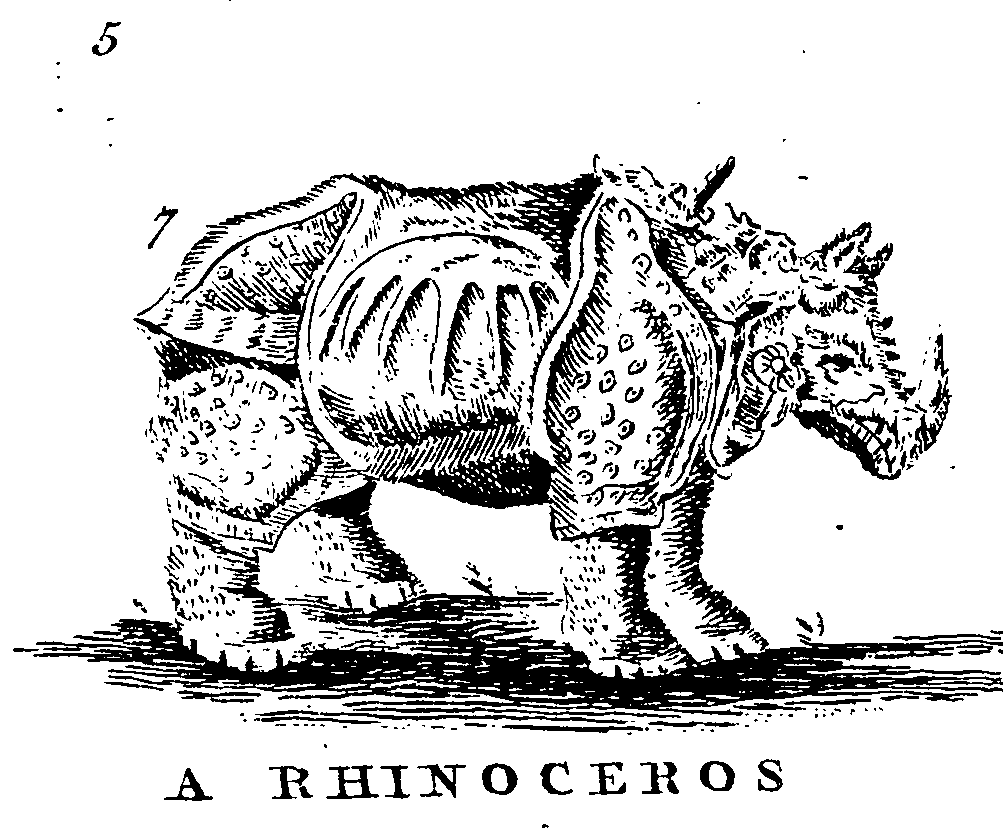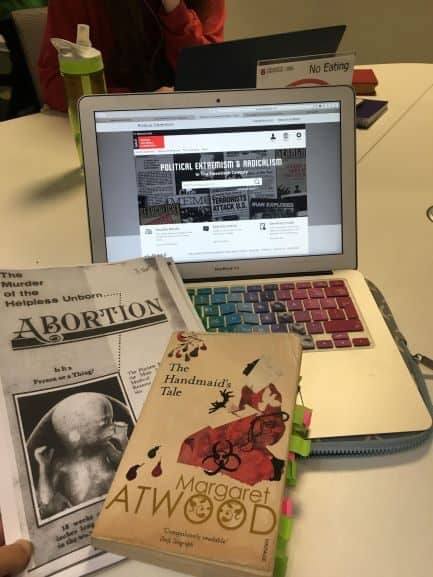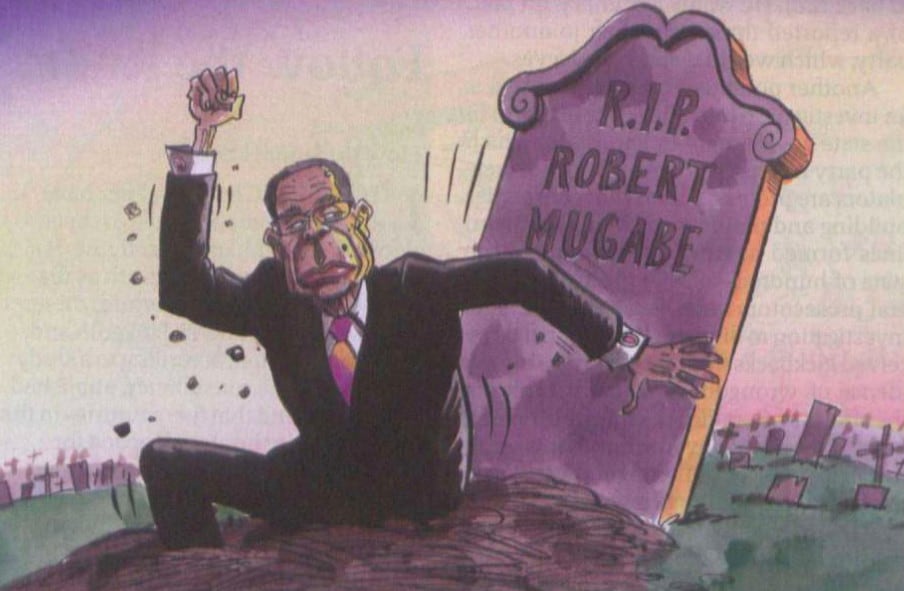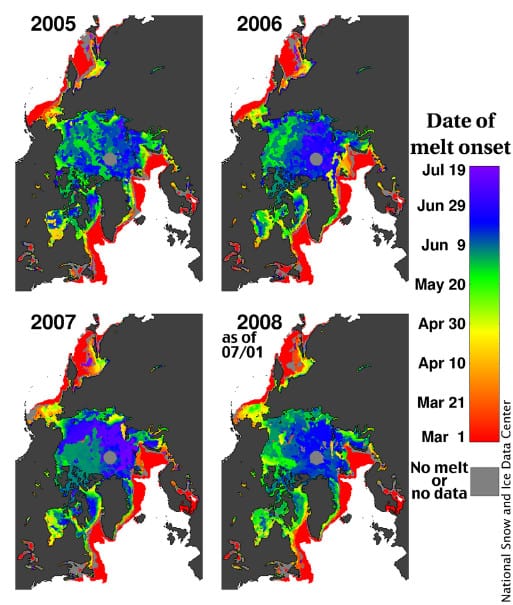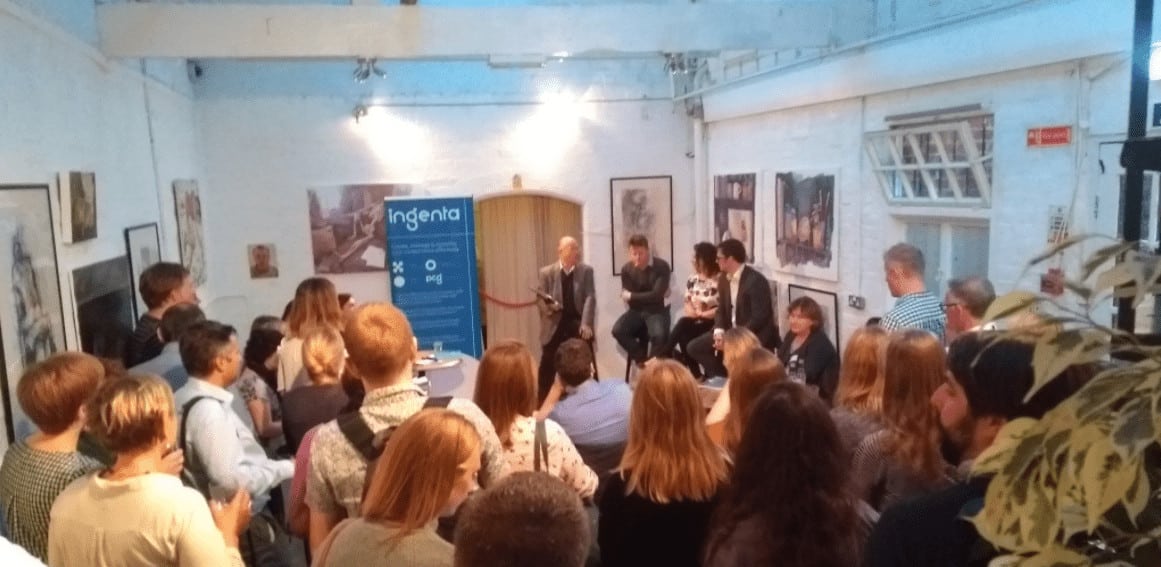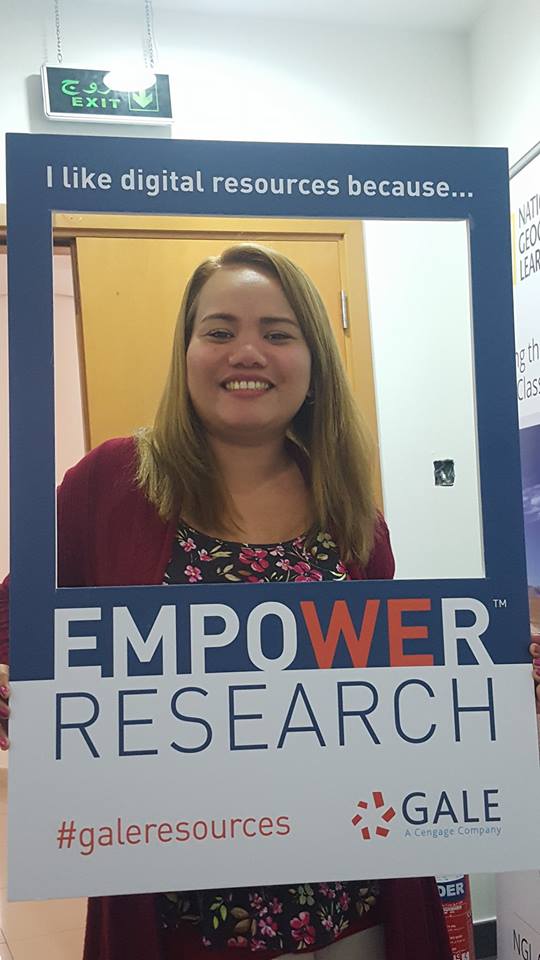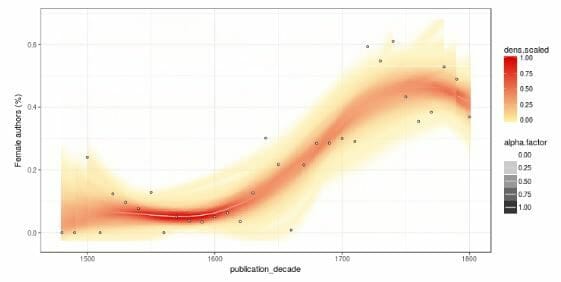By Lyndsey England, Gale Ambassador at Durham University
In 1769, writing his ‘Description of Three Hundred Animals’, a document included in Gale’s Eighteenth Century Collections Online, Thomas Boreman presented the rhinoceros as follows:
“He has two girdles upon his body, like the wings of a dragon, from his back down to his belly … his skin is so hard, that no dart is able to pierce it, and covered over with scales, like the shell of a tortoise.”

